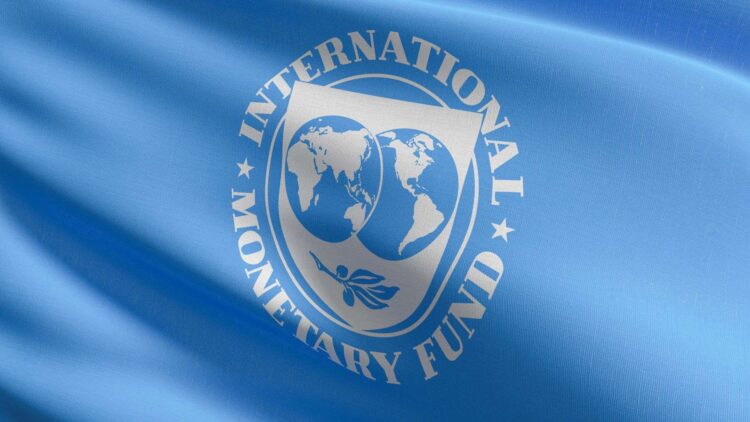The complex nature of derivatives markets may be a systemic risk to the global financial system, and the IMF has included this risk in the Global Financial Stability Report. This was announced as part of the IMF annual meeting in Marrakesh and is likely a response to the elevated levels of global debt, inflation, and growing geopolitical risk. IMF officials are pointing out that the financial markets may be underestimating the risks that opaque derivatives may pose.
The derivatives are a critical liquidity in the market to counter risks
The derivatives are increasingly complex, interconnected, and opaque, which creates issues around valuation and the exposure of counterparties.
Derivatives enable market participants to hedge and speculate on the price of underlying assets such as equities, currencies, and interest rates.
While they help in price recovery, the IMF has warned that increasingly sophisticated use of these financial instruments across the market and the still over-marketed, underdeveloped risk in the financial system may lead to amplifying shocks across the financial system.
The IMF speaks on the derivatives in the global market
Tobias Adrian, the director of the IMF’s Monetary and Capital Markets Department, stated:
“Over the years, the derivatives market has been expanding, but the risks are not always understood or priced appropriately.”
He also went on to say,
“Concentration of exposures and the use of leverage in opaque corners of the market could pose certain challenges to the stability of the finances.”
Beyond the issues with the derivatives, the IMF’s concerns regarding the global trading environment, global debt, and rising tariff barriers are all major amplifying factors. The Economic Times reports that the IMF is likely to warn the market on rising tariffs and protectionist policies, which may increase financial volatility affecting the supply chain.
Global debt continues to grow to new heights after the pandemic
Due to stimulus measures, infrastructure outlays, and military budget expansions, the global debt crisis continues to grow. Instability due to high debt shortages and the high cost of debt payment due to high interest rates has been observed by the IMF.
This is likely to result in liquidity shortages for heavily indebted companies, emerging economies, and, to a lesser extent, the rest of the world.
Tightening measures will have to be unsustainable, and the IMF will have to improve systems in place to reduce unsystematic risk in the market. This will be the post-pandemic goal, with new infrastructure in place.
The IMF has also articulated the importance of enhanced systems for central clearing to mitigate counterparty risk within a market.
Regulatory gaps need to be filled to keep pace with financial innovation
The report states that regulatory gaps need to be filled, particularly where oversight fails to keep pace with financial innovation, also stating that global coordination is needed to protect the stability of the system.
Warnings aside, the Fund recognizes that the core of the banking system is still decently capitalized and resilient, although caution is still required.
New risks demand changes to financial conditions that will require central bank communication and stability without sudden shifts in policy to avoid the risk of market volatility.
The report sought to end with balanced policy reflections that will sustain growth aspirations while containing potential crises.
Adrian also states:
“Careful navigation is the only option available, and we need to ensure that innovation does not incur the cost of stability.”
As the world heads further into uncertainty, the fund remains firm that the unchecked complexity of financial instruments will spark another crisis. To fend off the development of fragile and hostile financial systems. Systems will need transparency, appropriate regulation, and coordinated global action.


